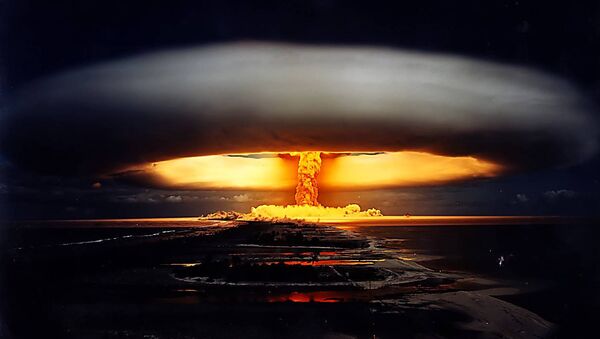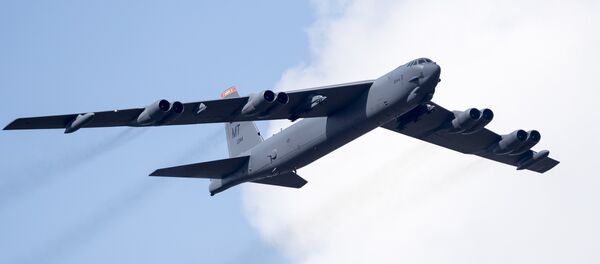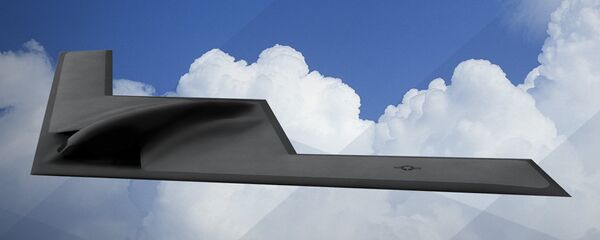The report, published by the Washington DC-based Stimson Center think tank, suggests that the US should scale back plans to refresh the B61 nuclear weapon, exclusively supplying only those needed to arm the new B-21 long range strike bomber, instead of acquiring enough to use on fighter jets, partly because the likelihood of using tactical nuclear weapons in a conflict is slim.
The authors wrote, "We recommend that the US forgo the procurement of B61s intended for delivery by fighter aircraft and remove the weapons from Europe immediately. This would save approximately $3.7 billion from FY 2017-2021 and just over $6 billion during the lifetime of the program, resources that could be used more productively to strengthen conventional forces."
Currently, the US has four nuclear bomb variant designs, the B61-3, —4, —7, and —10. The National Nuclear Security Administration (NNSA), which operates as a semi-independent division within the Department of Energy, plans to fold the four variants into a single model, the B61-12. Recently, the NNSA received clearance to proceed with the production engineering stage of development, and the first unit of the weapon is slated to be produced in the 2020 fiscal year.
Among other programs, the Pentagon aims to certify the Tornado fighter, the B61-12 for the F-35 joint strike fighter, and the F-15E and F-16, currently being used by European forces. It would be "preferable" to cancel the B61 upgrade altogether, but the authors of the Stimson report opine that a considerable amount of funding has already been used for research and development, and cancellation is unlikely. Keeping enough B61s on hand for bombers would allow the US to periodically deploy those aircraft to Europe, as part of the US military’s stated attempts to reassure NATO allies.
That political awareness may have also influenced the authors to suggest removing the B61 from from Europe. There are currently 160 of the weapons spread throughout the region as remnants of the Cold War. Italy, Belgium, the Netherlands, Turkey and Germany possess B61s, and it is likely that these bases are not secure.
The authors note the particular danger of housing nuclear weapons at Turkey’s Incirlik Air Base, near the Syrian border.
"During the failed coup in Turkey in July, power to the base was cut off and the Turkish government prohibited US aircraft from flying in or out. Eventually, the base commander was arrested and implicated in the coup planning," the report read, adding, "Whether the US could have maintained control of the weapons in the event of a protracted civil conflict in Turkey is an unanswerable question."





